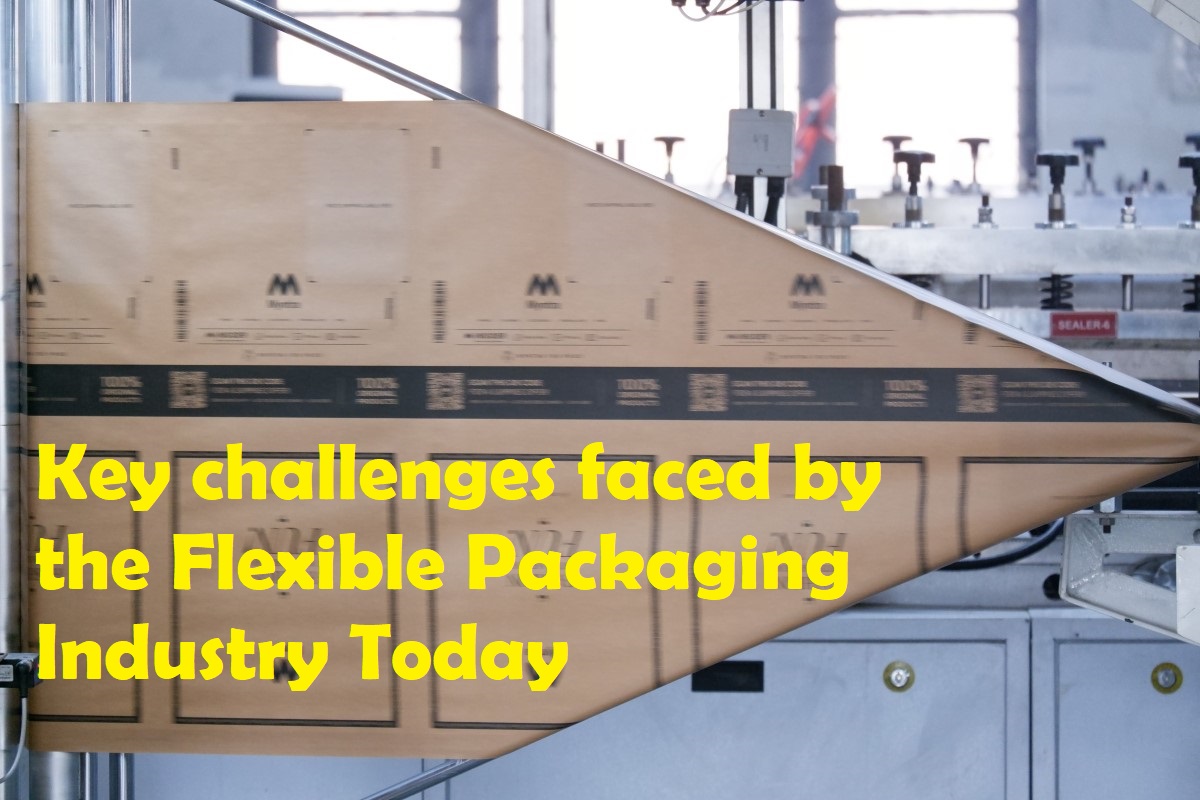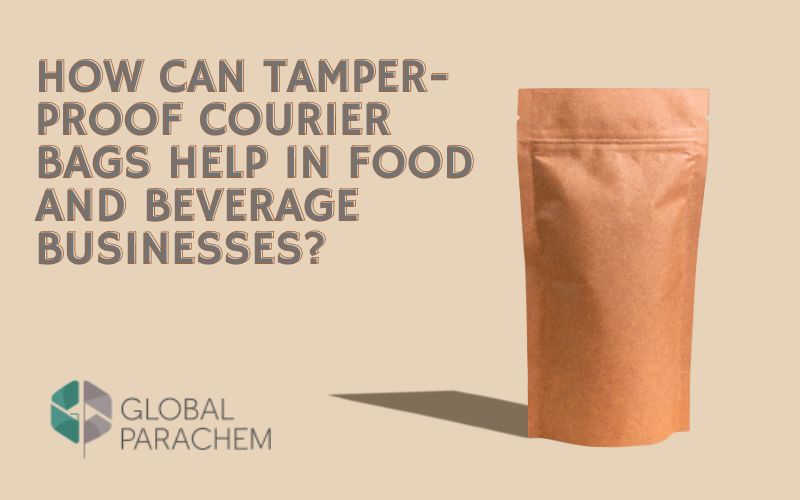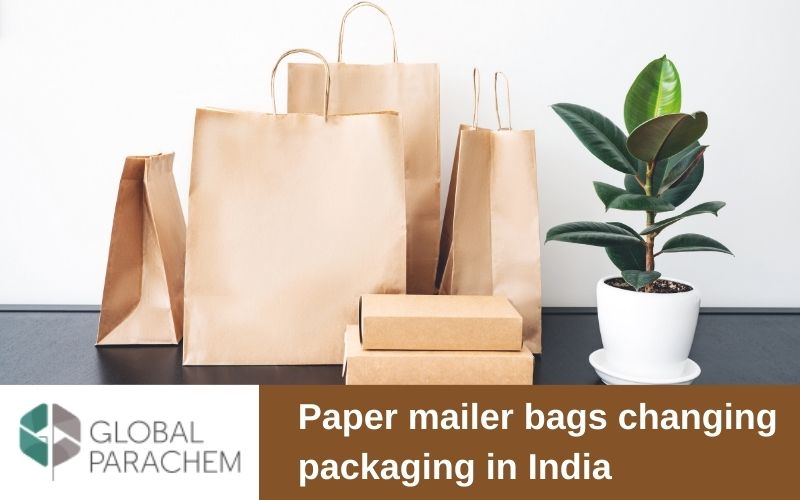
The flexible packaging industry is perhaps one of the biggest players in the great divide and rebalancing act between the commercial and the natural. It is admittedly responsible for a lot of environmental concerns on one hand, while on the other, it is at the forefront of making things right: it is “flexible” after all. The flexible packaging industry is providing solutions to the problems it may well have created itself, and how is it going about it. What once was, is not anymore?
Innovations in products and design have enabled the flexible packaging industry to reduce waste, cut costs, spread environmental awareness, meet supply shortages, service demand, adopt ethical practices, reduce harmful plastic…while continuing to protect and preserve products like never before. However, flexible packaging companies are jostling with a host of difficulties in their operations today. Out of these, there are some select challenges that need well planned and mindful resolution. They are:
The Sustainability Challenge
The flexible packaging industry has never been under the scanner of environmental regulators and concerned consumers like it is today. And rightfully so. It has deservedly received much backlash from aware consumers regarding recyclability and reusability, from governmental and non governmental organisations for its impact on the environment by way of the incalculable waste it has created in the years gone by. Most flexible packaging materials are mostly non-recyclable; it’s the truth.
To stop the rot, flexible packaging companies must do more and adopt designs and materials that are in line to solve the environmental issues their predecessors have caused. Flexible packaging products must be made completely perishable, highly reusable, and safe: recycling has all but failed. The materials should not come at the cost of heavy water consumption nor the production processes emit greenhouse gases. It is a huge operation and a very costly one at that, but flexible packers must meet it. With legislative support and some benefits, the flexible packaging industry can certainly meet this challenge in a timely manner.
Keeping Contents Safe For Use
Flexible packaging revolutionised how we pack, preserve, present, and process food. Saving huge costs for companies by providing cheap and reliable flexible options lead to a huge boom for the flexible packaging industry in the 80s. Today, flexible packers are undoing the environmental compromise of half a century ago by coming up with innovate offerings that are environment friendly, safe, fresh, and well equipped against external environment. Today, flexible packaging material can survive high heat, extreme sunlight, intense UV rays, extremely low temperatures, sever humidity, heavy moisture, and so on. Flexible packaging also ensures it performs under differing conditions as it is moved across the globe, from country to country, climate to climate.
Rapid technological changes for flexible packaging companies
Flexible packaging companies like ours are always excited for innovative ways to lookout satisfy our consumers’ demands and meet all environmental regulations with some of the best flexible packaging products we have to offer. There are tremendous advances in packaging technology and flexible packaging companies are adopting them, as best they can. Incredible inflation and inconsistent legislation have made it more challenging for the flexible packaging to satisfy all concerned stakeholders. However, flexible packaging companies can meet these demands, with more capital investments and collective action.
Rising Costs
It’s raining inflation everywhere and in everything. From MSP products to luxury goods, everything costs way more today. In terms of purchasing power and market indices, we are not under macroeconomic control. This newfound financial nightmare has found its way into the price of common raw materials used to produce flexible packaging, as well. Plastic, resin, films, paper, adhesives, transport, corn, eggs, bamboo, starch, and, paperboard – everything has skyrocketed and unfortunately, this has disabled any attempts at reducing prices. The pandemic, the war, and global shortages have devastated supply, which also adds to costs. This inevitably translates to heavy hits on the flexible packaging industry.
While flexible packaging is under tremendous pressure today, its capability to reinvent and reshaped its products has helped it become the preferred choice of primary packaging.
Today, developments in material science have allowed flexible packaging manufacturers to solve some environmental problems while ensuring better flexible packaging for many industries. Flexible packaging companies are producing ethical, reusable, and safe flexible paper mailer bags, paper security bags, delivery bags, paper pouches, and, film for e-commerce, FnB, FMCGs, fashion, and many others.
Global Parachem LLP is trying to help the packaging industry to overcome all the challenges faced by packaging companies through sustainable packaging products, and flexible and smart packaging products at a large scale. If you as a decision maker of your company feels the need of connecting with an experienced packaging company in India to assist you




Leave a comment